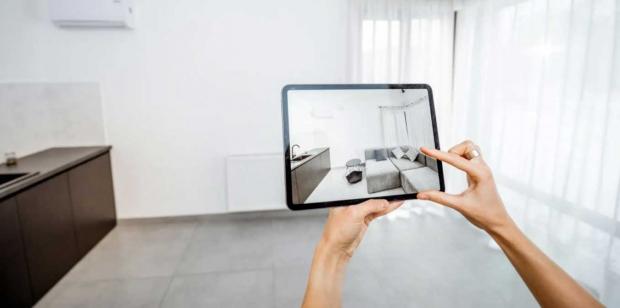Cambridge Mechatronics Limited (CML) recently announced it is building a depth camera for smartphones that is better for AR than Apple's LiDAR system.
Apple recently revealed the iPhone 12 Pro lineup, which comes equipped with a LiDAR depth camera system that enables advanced AR applications that understand your surroundings' spatial map. The LiDAR camera in the iPhone 12 Pro can capture 600 points of data up to five meters away. Apple then uses AI to fill in the missing information to build a 3D mesh of your environment to enable impressive augmented reality experiences.
CML's new camera can capture depth at up to 10 meters, and it does so with much higher precision than Apple's LiDAR camera. CML said its camera collects 300,000 points of data, which gives its captures high enough resolution not to warrant additional processing from a neural network.
CML said that it would release more information about its new cameras soon. In the meantime, the company is shopping for mobile tech companies that would like to integrate its technology into future smartphone and tablet devices.



